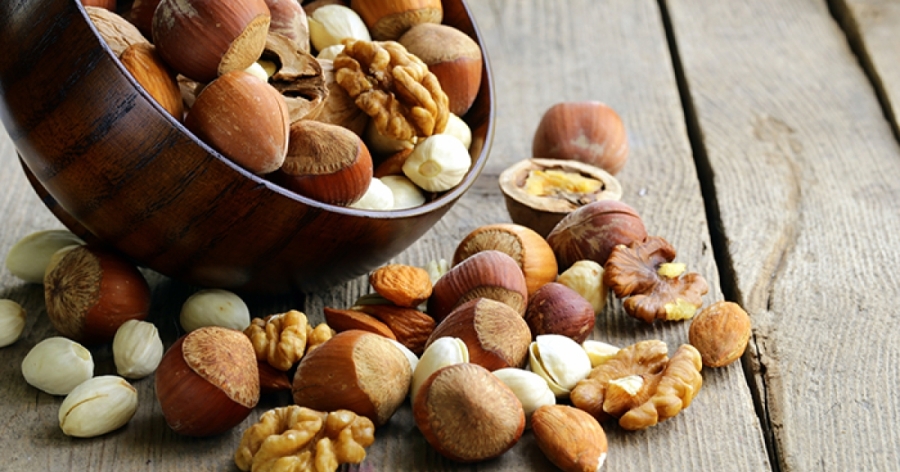Can relationships work across socio-economic levels? My kids and I have been exploring the socio-economic dynamics as pertains to relationships, regardless of their nature. So we thought to do a podcast about it but our podcast platform is under reconstruction and so here we are.
- The Most Powerful Questions to Ask a Loved One This Valentine’s
- Misconceptions About Starting A Business in 2023
- Self-improvement Is Becoming A Toxic Trend. Here’s why…
- Thanksgiving Is A Heart Thing
- Brain Reasearcher’s Tricks To Improve Memory & Protect Immunity
Everywhere I look, there’s always one more thing I cannot afford, and it’s not yacht-level stuff even!
My Gratitude Journal

Before we get into it, please head onto Phenomenal Life with Vicky Meg Podcast on Anchor (or wherever you find your podcasts), to listen to the recent [as well as] old episodes. We’d deeply appreciate it if you downloaded, reviewed, rated and shared the podcast links as far and wide as possible. This helps us grow and make a living from doing what we love – loving people back to life.
Let’s get into it . . .
As regular folk, I don’t think anyone wonders, “Hey, will it work for me to be friends with someone who has less money than I do?” Rather, I think we struggle more with the difficulties presented by relating with people who are much more financially well-off than we are.
Also, I don’t think we stay up at night wondering if a romantic relationship will work because the other person makes much more than we do; it’s instinctively in reference to friends and family relationships. Right? I mean, it’s not as if we could wish away the fact that the best of us have trouble feeling less-than or resentful toward the disparity between us and our wealthier relations. Now, can we?

My experiential credentials
I couldn’t even afford regular nuts, other than peanuts!
My Gratitude Journal



















You must be logged in to post a comment.